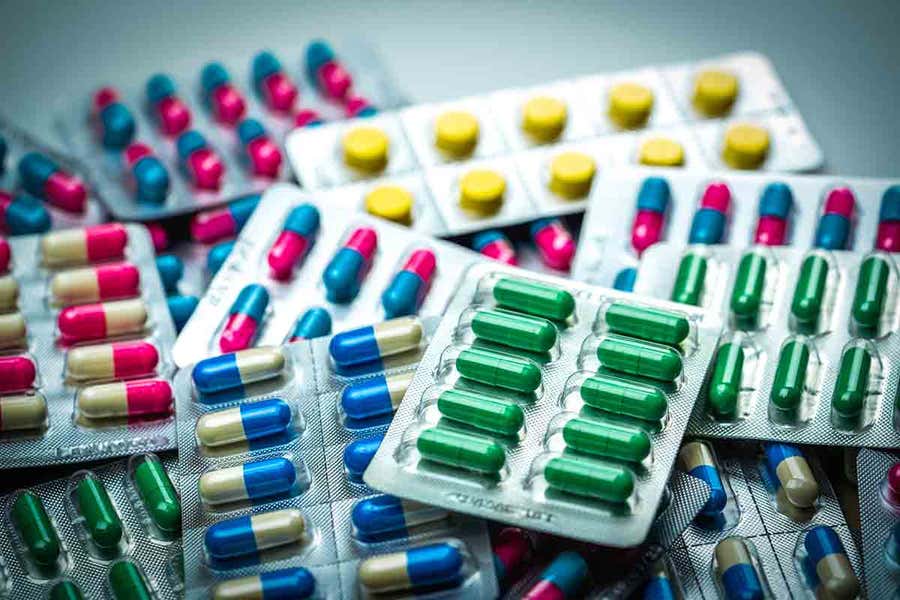Shigellosis: Symptoms, Causes, Treatment
What are the symptoms of shigellosis?
Shigellosis is an infectious disease caused by a group of bacteria called Shigella. The symptoms of shigellosis can vary but often include:
- Diarrhea: Shigellosis typically causes diarrhea that is often bloody. The diarrhea may be watery or contain mucus.
- Abdominal pain: People with shigellosis may experience abdominal cramps or pain.
- Fever: Shigellosis can cause a fever, which may be mild to severe.
- Nausea and vomiting: Some people with shigellosis may experience nausea and vomiting.
- Tenesmus: Tenesmus is a feeling of needing to pass stool even when the bowels are empty. It can be a symptom of shigellosis.
- Malaise: Malaise refers to a general feeling of discomfort, illness, or uneasiness. It is a common symptom of shigellosis.
- Dehydration: Severe diarrhea and vomiting can lead to dehydration, which can be a serious complication of shigellosis.
- Rectal bleeding: In some cases, shigellosis can cause rectal bleeding, which may be seen as blood in the stool.
- Painful bowel movements: Shigellosis can cause pain or discomfort during bowel movements.
- Symptoms in children: In children, shigellosis may also cause symptoms such as irritability, poor appetite, and lethargy.
It’s important to note that the symptoms of shigellosis can vary from person to person and may range from mild to severe. In some cases, especially in young children, older adults, or people with weakened immune systems, shigellosis can lead to serious complications. If you or someone you know is experiencing symptoms of shigellosis, it’s important to seek medical attention.
What are the causes of shigellosis?
Shigellosis is caused by infection with bacteria of the genus Shigella. The bacteria are typically spread through the fecal-oral route, which means that they are transmitted when a person ingests food or water that has been contaminated with feces containing the bacteria. Some common causes of shigellosis include:
- Contaminated food or water: Shigella bacteria can contaminate food or water, especially in areas with poor sanitation or hygiene practices. Eating or drinking contaminated food or water can lead to shigellosis.
- Person-to-person transmission: Shigellosis can also be spread through direct contact with an infected person or with surfaces or objects contaminated with the bacteria. This can occur through activities such as changing diapers, caring for someone who is sick, or engaging in sexual contact.
- Outbreaks: Shigellosis outbreaks can occur in settings such as childcare facilities, schools, or nursing homes, where people are in close contact with each other and hygiene practices may be less than optimal.
- Travel: Traveling to areas with poor sanitation and hygiene practices can increase the risk of shigellosis. Travelers to developing countries are at higher risk of contracting the disease.
- Contaminated recreational water: Swimming in or ingesting water from contaminated lakes, rivers, or pools can also lead to shigellosis.
- Poor hygiene: Poor hand hygiene, such as not washing hands thoroughly after using the bathroom or changing diapers, can contribute to the spread of shigellosis.
It’s important to note that shigellosis is highly contagious, and even a small amount of Shigella bacteria can cause infection. Practicing good hygiene, such as washing hands regularly and thoroughly, can help prevent the spread of shigellosis.
What is the treatment for shigellosis?
The treatment for shigellosis typically involves supportive care to manage symptoms and, in some cases, antibiotics to shorten the duration of the illness and reduce the severity of symptoms. Treatment may include:
- Fluid and electrolyte replacement: It’s important to stay hydrated if you have shigellosis, especially if you are experiencing diarrhea or vomiting. Drinking oral rehydration solutions or water with electrolytes can help replace lost fluids and minerals.
- Antibiotics: In some cases, antibiotics may be prescribed to treat shigellosis, especially for people with severe or prolonged symptoms, young children, pregnant women, or people with weakened immune systems. Commonly used antibiotics for shigellosis include ciprofloxacin, azithromycin, or ceftriaxone.
- Rest: Getting plenty of rest can help your body recover from shigellosis. Avoiding strenuous activities can also help prevent dehydration.
- Avoiding certain medications: Some medications, such as anti-diarrheal medications, can make shigellosis worse by slowing down the elimination of the bacteria from your body. It’s important to talk to your healthcare provider before taking any medications for shigellosis.
- Preventing the spread of infection: If you have shigellosis, it’s important to practice good hygiene, such as washing your hands thoroughly with soap and water after using the bathroom and before preparing or eating food, to prevent spreading the infection to others.
It’s important to seek medical attention if you suspect you have shigellosis, especially if you have severe symptoms or if you are at higher risk of complications. Your healthcare provider can determine the most appropriate treatment for your condition based on your symptoms and medical history.




